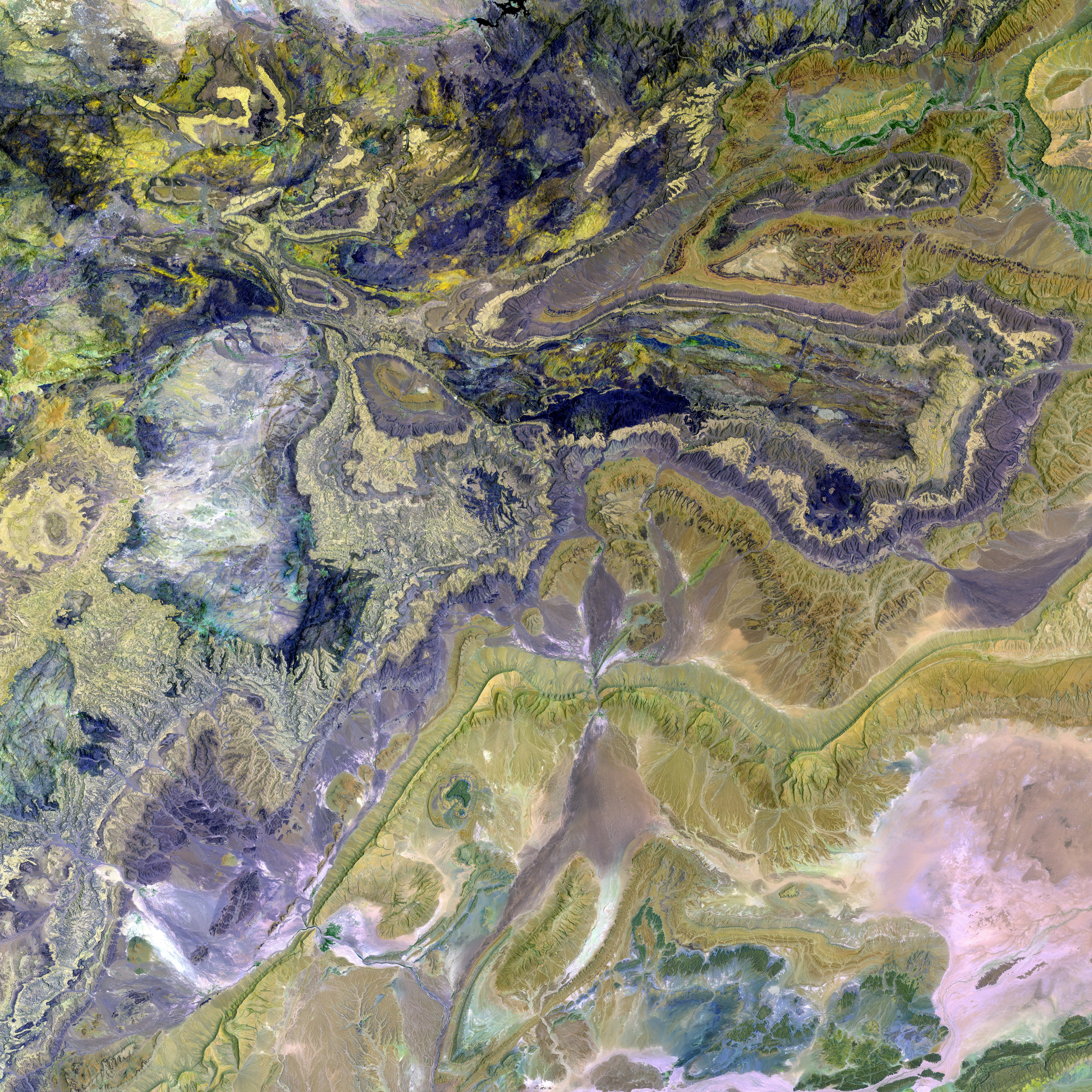Aid distribution system, sponsored by the U.S., commences in Gaza, prompting reservations from the UN
In a significant development, the Gaza Humanitarian Foundation (GHF), a U.S.-supported organization, initiated its first aid distribution efforts in the Gaza Strip on Monday. The new endeavor seeks to bypass traditional models of humanitarian aid, focusing on direct assistance to approximately 1.2 million Palestinians.
The GHF, registered in Switzerland, plans to deliver food, water, and hygiene kits through distribution hubs secured by private contractors. The organization, backed by the United States, aims to serve Palestinians in a region that has been under a nearly three-month Israeli blockade on food and aid supplies.
The GHF has taken over the handling of aid from international organizations such as the United Nations, which has been critical of the new body's effectiveness. According to the foundation, truckloads of food have been delivered to four local hubs in southern and central Gaza.
However, the GHF's efforts have been marred by controversy, with critics suggesting the new model risks violating humanitarian principles and potentially provoking conflict, as it may enable a warring party to oversee humanitarian aid control.
The initiative comes a day after the resignation of GHF's executive director, Jake Wood, who expressed concerns about the organization's independence and impartiality. In a statement, Wood noted his pride in the work he oversaw but/regretted that it was not possible to implement the planned aid distribution while strictly adhering to the humanitarian principles of humanity, neutrality, impartiality, and independence.
Tensions between the GHF and Hamas have also escalated, with the foundation accusing the Palestinian group of making death threats towards aid groups supporting the mission at its distribution sites. The GHF and the Israeli government argue that the initiative is designed to prevent Hamas from stealing critically needed aid from civilians.
But the United Nations aid chief, Tom Fletcher, has expressed doubts about the humanitarian aspect of the GHF, calling it a "fig leaf for further violence and displacement" in Gaza. The foundation's funding sources, while supported by the U.S., have not been disclosed.
The flow of aid via the GHF is expected to increase daily, with more truckloads of supplies scheduled for delivery on Tuesday. The GHF maintains that security issues have been addressed through the use of private security firms to guard its distribution points.
The ongoing Israeli-Palestinian conflict continues to raise concerns about the distribution of aid and the wellbeing of the civilian population in the Gaza Strip. The situation remains volatile, with dozens of lives lost in Israeli airstrikes and criticism from Germany's Chancellor Olaf Scholz regarding Israel's strategy in Gaza.
- Amid ongoing concerns, the ongoing Israeli-Palestinian conflict has expanded to include policies surrounding humanitarian aid, with the Gaza Humanitarian Foundation (GHF) facing criticism for potential violations of humanitarian principles and potential instigation of war-and-conflicts.
- In addition to the volatile political landscape, general-news sources have reported on various incidents in Gaza, including car-accidents, fires, and crime-and-justice related incidents that have further complicated the region's stability.
- As the GHF's aid distribution efforts continue, the organization has faced a range of issues, such as controversy over its handling tactics, allegations of threats towards aid groups by Palestinian groups like Hamas, and ongoing monetary support sources remaining undisclosed, all contributing to uncertainty and concerns in the broader field of humanitarian aid.








